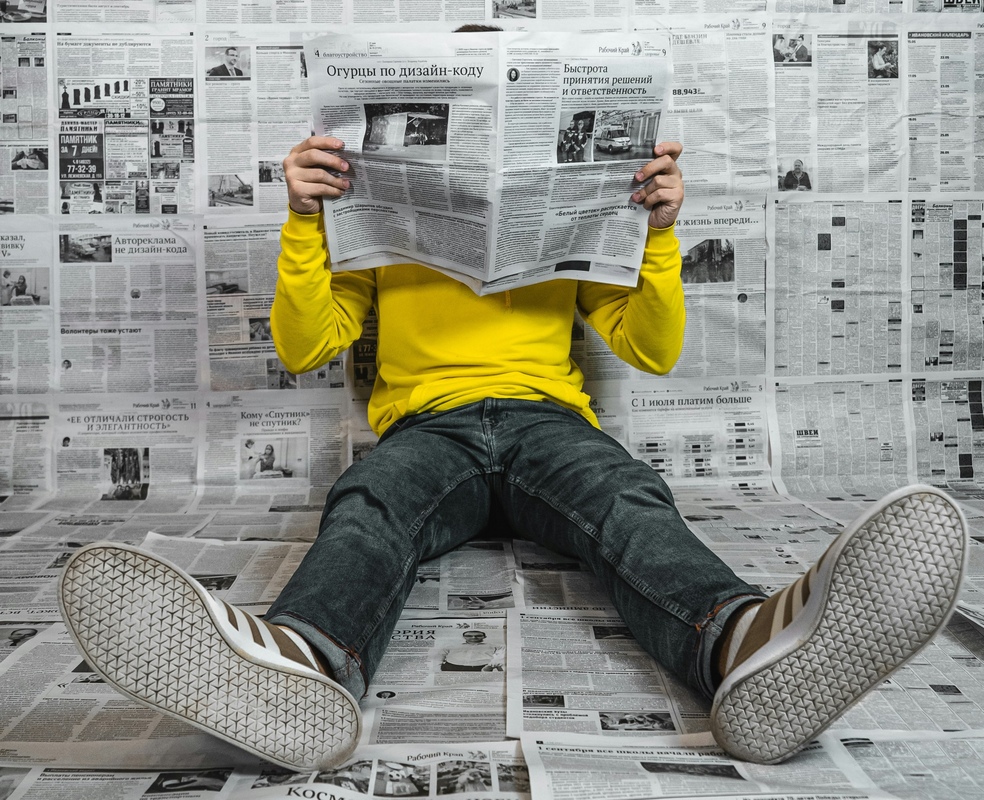
Stroke stories gleaned from around the world... from promising new research and the emotional impacts of stroke through to a lady who woke up with a Thai accent.
Here’s how to spot the first signs of a stroke
Around 240 people experience the traumatic and life-changing effects of a stroke every day in the UK.
"Fast" highlights the most common warning signs of stroke, but some strokes present differently. To make sure fewer cases are missed, additional symptoms such as dizziness, visual changes and loss of balance have been added, creating the "Be Fast" acronym.
VR training task helps stroke recovery, study finds
A new virtual reality training task developed by researchers in Finland shows promise for helping stroke survivors with visuospatial neglect, a condition that affects awareness of one side of space.
https://nrtimes.co.uk/vr-training-task-helps-stroke-recovery-study-finds-stroke25/
Hampshire woman wakes up with ‘Thai accent’ 24 hours after stroke
In March 2025, Cathy was diagnosed with Foreign Accent Syndrome – a rare condition where a person’s speech takes on an accent different from their usual one, and which people can think sounds ‘foreign’.
https://metro.co.uk/2025/10/20/hampshire-woman-wakes-up-with-thai-accent-24-hours-after-stroke-24472010/
Study highlights the emotional and social challenges of stroke recovery
While medical care usually focuses on building physical strength and improving movement, stroke survivors struggle with additional emotional challenges such as facing stigma, living with uncertainty, and losing a part of their identity.
Swansea experts awarded £1.2 million for test that could transform stroke care
The test aims to measure blood clot breakdown, which is useful for better understanding the underlying mechanisms and thereby helping clinicians further understand how clot-busting drugs work on individual clots.
Stroke damage reversed as stem cells regrow the brain
Stem cell therapy reversed stroke damage in mice, regenerating neurons and restoring movement. The findings bring scientists closer to human treatments that could one day transform recovery after brain injury.
https://scitechdaily.com/stroke-damage-reversed-as-stem-cells-regrow-the-brain/
Stroke patients going to A&E themselves are “at higher risk”
Waiting for an ambulance is the “fastest and most efficient way to get the best treatment and care”.
https://www.independent.co.uk/news/health/stroke-patients-ambulance-accident-emergency-nhs-b2824275.html





